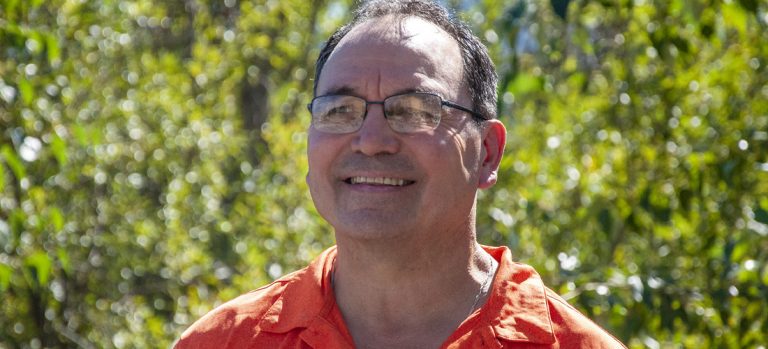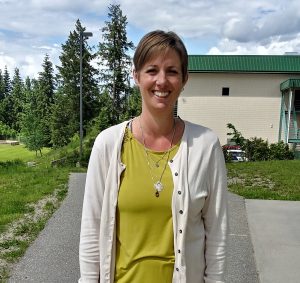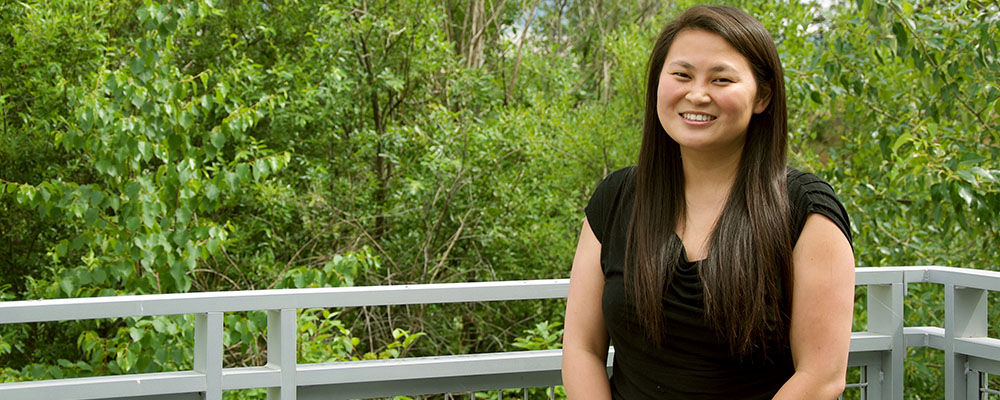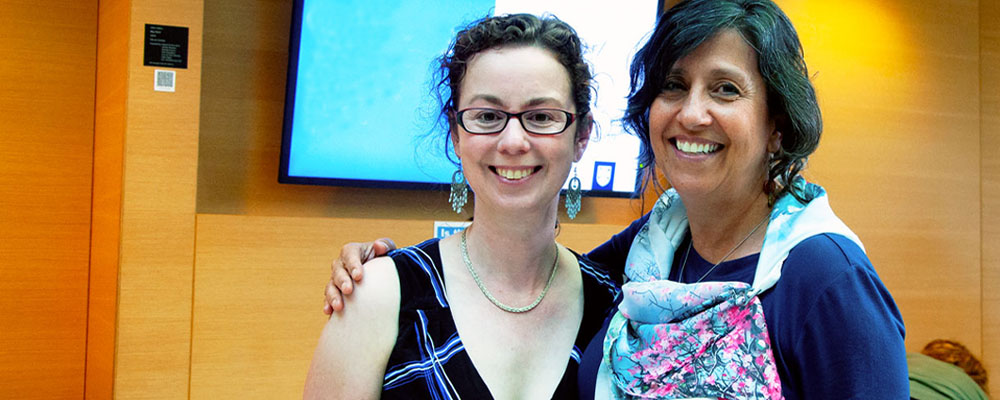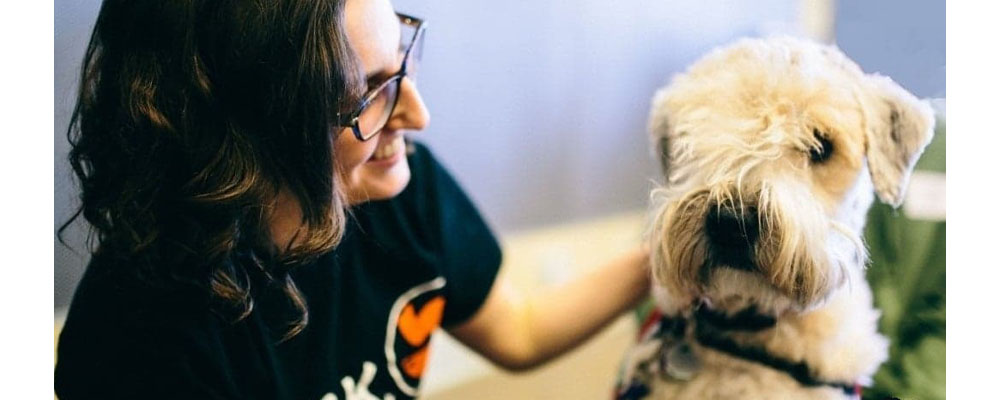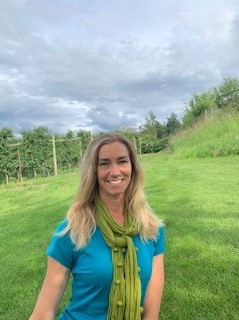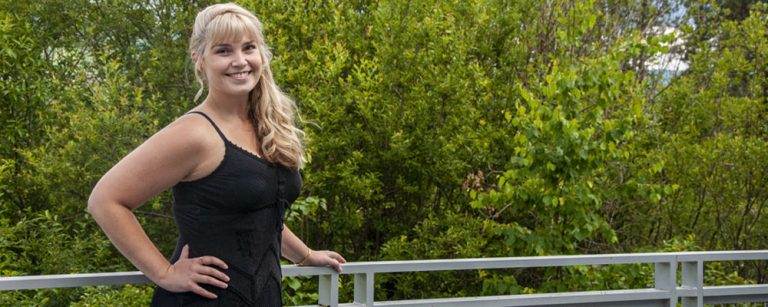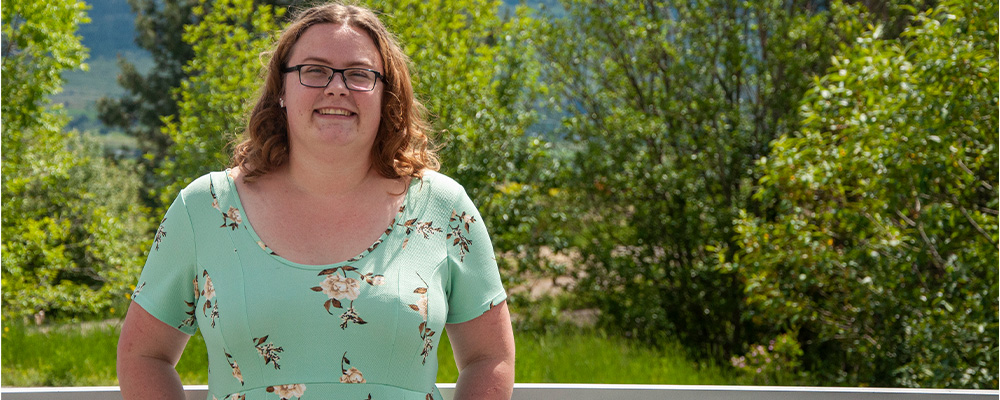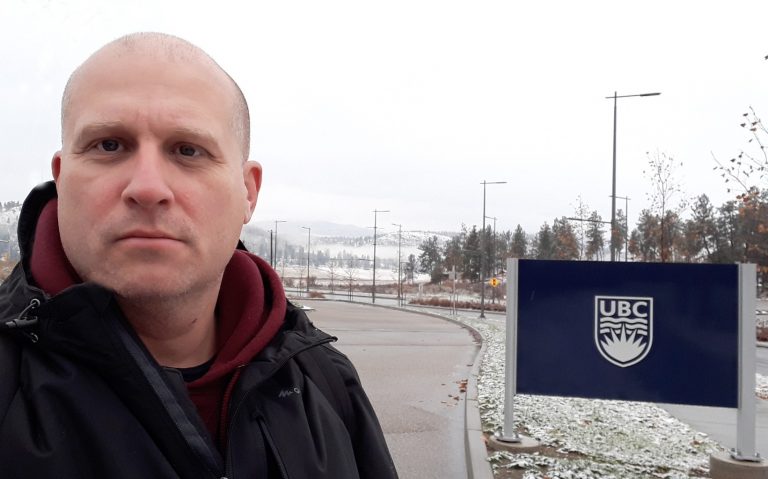
Congratulations to our Outstanding Master-Level Student Award recipient, Fabiano Camara!
Camara is more than deserving of such an award. Not only has he maintained an A+ average in his coursework, but he has also been a research assistant for a SSHRC-funded study pertaining to early learning environments and physical activity, and was recently hired by Dr. Cherkowski to help develop a graduate student online portal.
“UBC puts your values into practice and supports students in all matters. I feel very lucky and privileged to be surrounded by amazing people at UBCO,” says Camara. “I have had many opportunities to develop my studies and career as a whole. The Okanagan School of Education is continually offering high-quality options to help me flourish in my academic career. As a Graduate Teaching Assistant, I’ve been provided great opportunities to enhance my teaching skills and to build a learning community. And as a Research Assistant, I have been able to immerse myself in all the aspects of research in the Education field.”
Question and Answer session with Fabiano camara
What receiving the award means to you?
This award is one of the highest accomplishments in my career and personal life. I believe that the academic journey is composed of many aspects: courses, events, projects, meetings. I try to be involved in these activities as much as I can. I am honoured to receive this award because it symbolizes the recognition of years of studying, working and living education.
What was your research project?
My study focuses on the role of mentoring groups in the professional development of Physical Education (PE) Teachers. The purpose of my research is to understand the potential of a mentoring group for the development of PE teachers’ autonomy, based on critical pedagogies, through the Action Research methodology. I am preparing to organize the data collection to start in August 2020.
Why did you choose that project?
I have been involved in mentoring groups and service projects all throughout my undergraduate and graduate programs in Physical Education. In these academic activities, I realized that courses might not be enough to promote a proper transition from academic life to the professional environment. As a university Professor and Mentor, I have perceived a lack of studies regarding mentoring in PE practices. It is not completely clear what type of pedagogical trend the mentoring routine has been applying. I hope my research can contribute to making a model of mentoring that would be able to help mentor and students to a healthy and less stressful transition from the school to the workplace.
What advice do you have for future graduate students?
Be involved as much as you can! Try expanding beyond your courses. Research, service and internships are fundamental components of the graduate journey!
Supervisor: Dr. Stephen Berg

